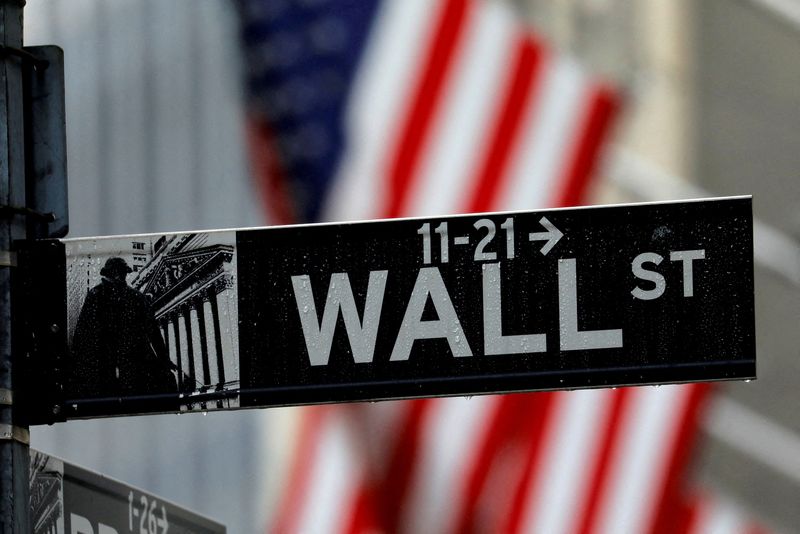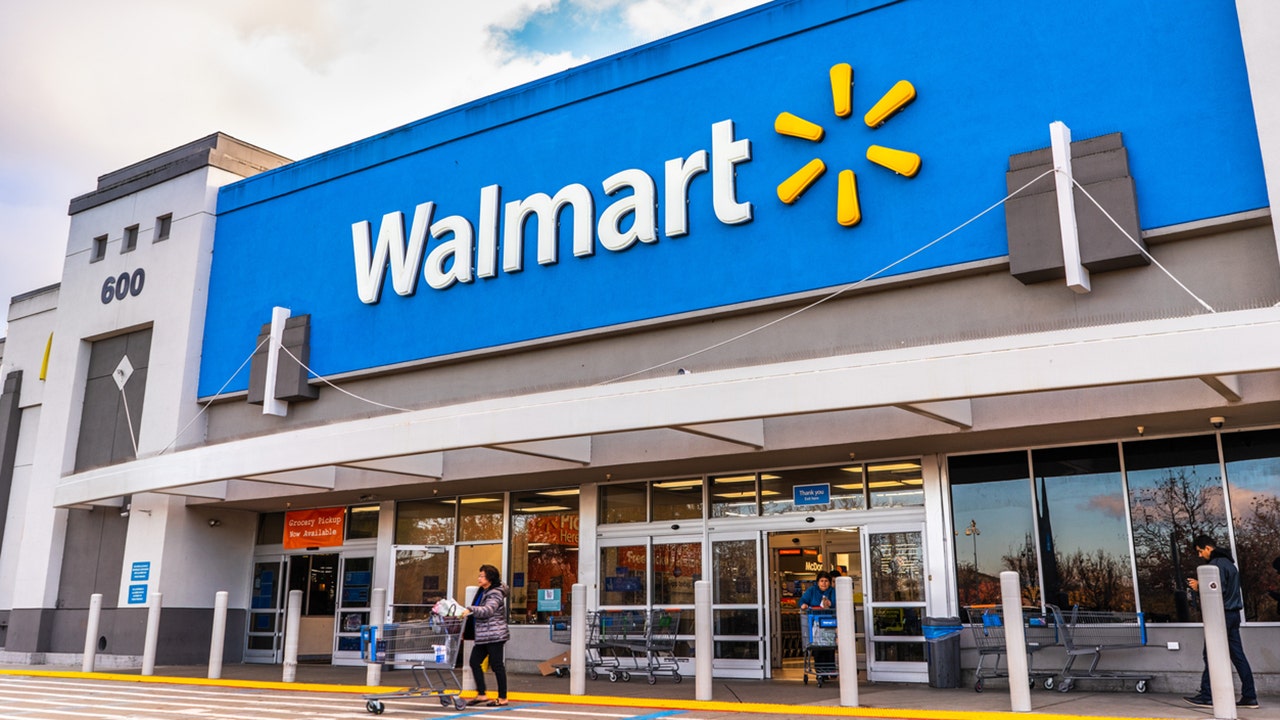Contrary to popular belief, Europeans have long wanted to imitate America; a combined set of states with freedom of movement, a single currency and a united government. That was the unspoken goal when the European Union was born after World War II. But so far, the dream has failed to materialize.
Recently, it got another blow, which pushed the vision of a fully politically and economically integrated bloc even farther into the future than it already was.
“They’ve woken up to the idea that borders are to protect those inside the border,” said Ben Habib, former deputy leader of the right-leaning British political party Reform UK and CEO of First Property Group PLC. “We wouldn’t have had an immigration problem in Europe if we had borders.”
The bloc has grown in size and complexity in the decades since its creation. However, that growth has also come with friction and a lack of cohesion, which has prevented a complete political merger of the member countries. In short, it has been a work in progress, with some stalwarts believing the goal will manifest soon.
Now with president-elect Donald Trump coming back to power, the EU may see more pressure, as he prepares to do the largest deportation of illegal immigrants in history.
PRO-PUTIN PARTY WINS CONTESTED ELECTION AS GEORGIA DRIFTS FURTHER FROM US, EUROPE
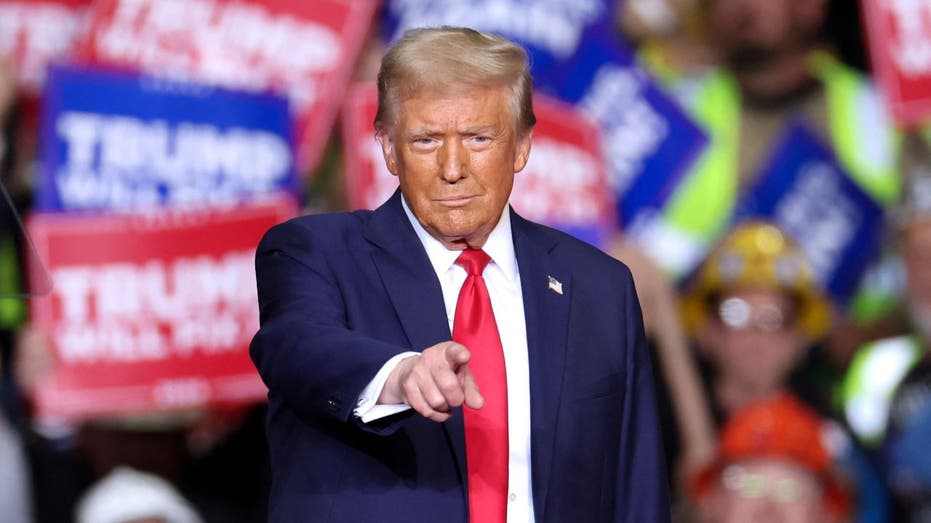
In perhaps a lesson for the U.S., the political goal took a step backward in freedom of movement across the bloc recently as some EU member states reintroduced border controls, effectively ending free movement within key parts of the bloc for a while. The states involved are France, Germany, Italy, Norway, Slovenia, Denmark and Sweden.
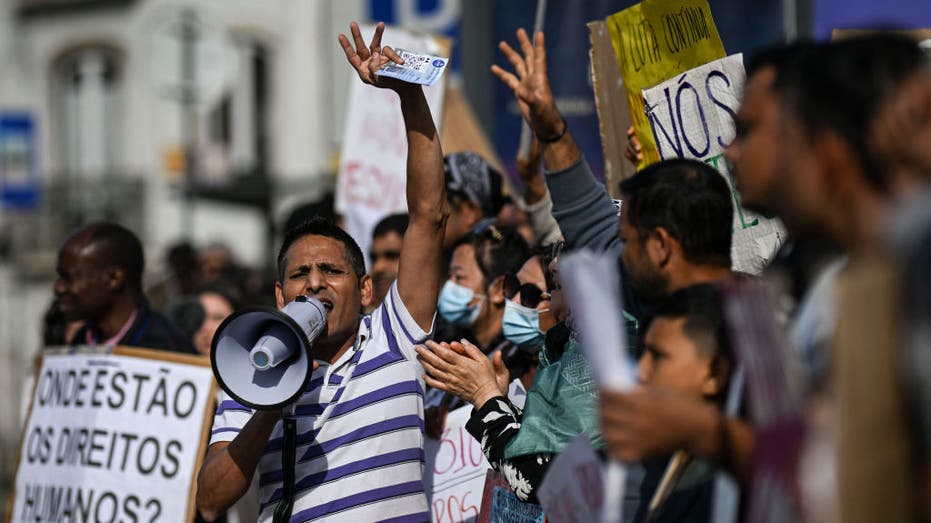
Worries over terrorism, illegal immigration and foreign interference seem to be a big part of this change.
Late last month, France announced that it would extend its current temporary border checks through April 20, 2025, citing serious threats to public policy, public order and internal security. The country suffered terrorism going back nearly a decade to 2015 with the attacks on the Bataclan theater, Charlie Hebdo magazine offices and others.
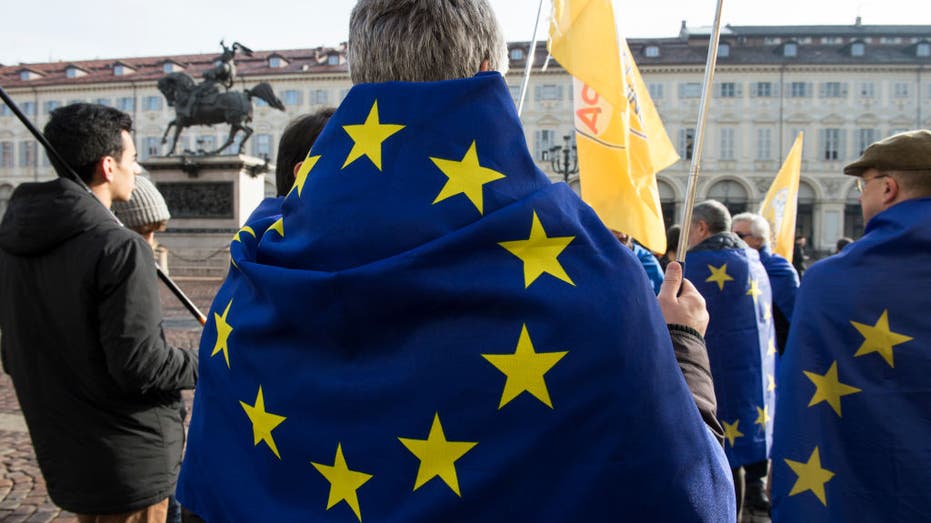
Another key reason is the faltering economy and labor market across the EU, especially the two largest economies, Germany and France, respectively. In the 15 months through June, the former has seen zero positive quarterly growth, and a rise in unemployment from 5% in 2022 to 6% in September. France had modestly positive growth, but unemployment rose to 7.3% in the second quarter, up from 7.1% at the beginning of 2022.
TRUMP CAMPAIGN DISMISSES ENERGY SPAT WITH GERMANY FOREIGN MINISTRY: ‘NOBODY CARES’
France has overtaken Italy as top of the fiscal budget-busting league. Its self-projected budget deficit for 2025 of 5% is seen as overly optimistic, meaning it will likely be higher, and far above the mandated 3% limit.
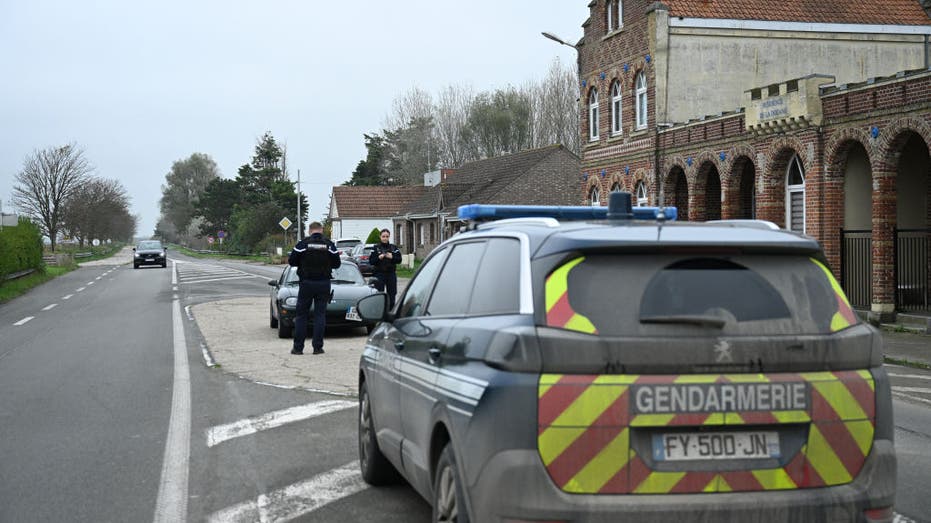
“When Germany needed labor, they opened the gates, and had an influx of workers,” says Konstantinos Venetis, director of global macro, at GlobalData TSLombard in London. “Now the economy isn’t doing so well, and the unemployment is up, there is a tendency by politicians to clamp down.” In particular, government looks to expel or deter undocumented immigrants from working without papers or even entering the country.
However, there are problems with introducing border checks. It comes down to loss of time, and therefore money, for traveling business executives, tourists and cargo truckers, Venetis says. “Anything that takes more time is not good for the economy,” he says. “Delays mean higher costs.” Anyone in doubt about this should consider how long it takes to get through immigration when flying to another country. It can be hours more.
Now, it seems that traveling through Europe, from Spain to Germany, will mean border stops at the French and German borders. Imagine how much costs will increase for haulage companies; eventually, consumers will pay more.
Some are skeptical that the border stops will do anything to quash terrorist activities. “We tend to forget that terrorism comes from people who are already based in the country,” says Daniel Lacalle, chief economist at Madrid-based investment company Tressis. “It is basically trying to fix a problem by creating another one.”
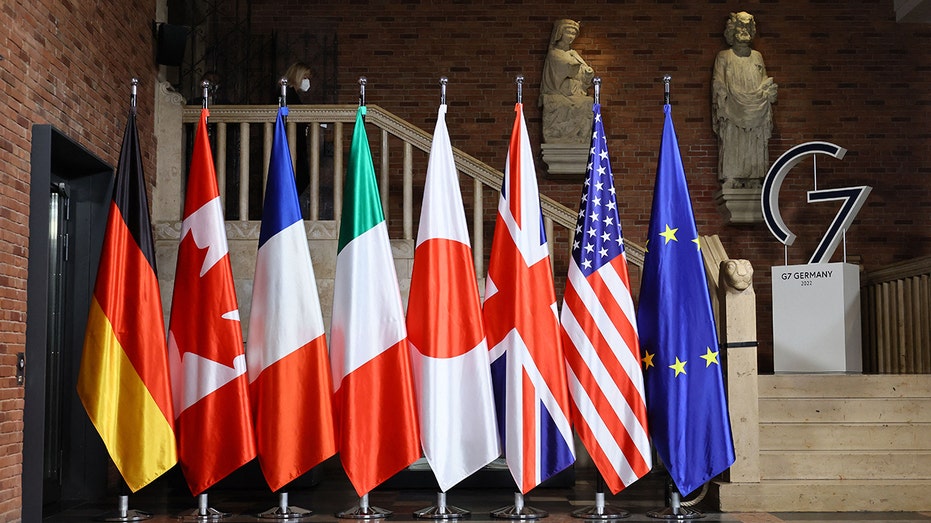
Lacalle says that what is needed to combat terrorism is not more border checks but rather an integrated pan-European union policing system focused on anti-terrorism. While that was possible in the U.S. it is far harder for the EU, which is in many ways a family of national states all wanting to keep their sovereignty. That means keeping their own hold on domestic policing.
Complicating the matter is that these temporary border checks may not be so temporary. Echoing Ronald Reagan, Lacalle says “There is nothing more permanent than a temporary action from government.” In other words, these border stops are likely to last.
EUROPEAN LEADERS WEIGH IN ON ‘LEGITIMATE’ ISSUE OF ILLEGAL IMMIGRATION: ‘MUST BE STOPPED’
It seems the European Union knows that it needs to change if it ever wants to emulate the United States. Indeed, just last week, European Council President Charles Michel invited members of the EC to a dinner meeting on November 8. The invitation focused on the need to get the EU working competitively as soon as possible.
“The situation is very worrying,” the invite stated. “Over the past 20 years, the EU’s share of world GDP has halved. We need to act now. The Union’s competitive survival is at stake.”
Other topics to be discussed included strengthening the relationship with the U.S., which the invite described as “essential.” It also mentioned bilateral relations, security/geopolitics, including Ukraine, and global challenges.
Not everyone is as gloomy or pessimistic. “It is possible that this seventy-year EU project is coming near to an end,” says New York-based Marc Chandler, chief market strategist at currency specialist Bannockburn Global Forex. “I am more optimistic.” He sees the recent fiscal crunch in some the bloc’s major economies, such as France and Italy.
All the way back to the 1950s, crises have been the power-driver to further EU integration, Chandler says. “Seventy years into the EU project and the union remains a work in progress,” Chandler says. “Fiscal union, that’s what the EU is missing.” In other words, to push further into integration, government tax and spending must be joined across the bloc rather than being limited to sovereign member states.
Still, the border checks are sending a message, Lacalle says. “That doesn’t mean the end of EU, but it does mean the impossibility of a United States of Europe,” he says.
Read the full article here











